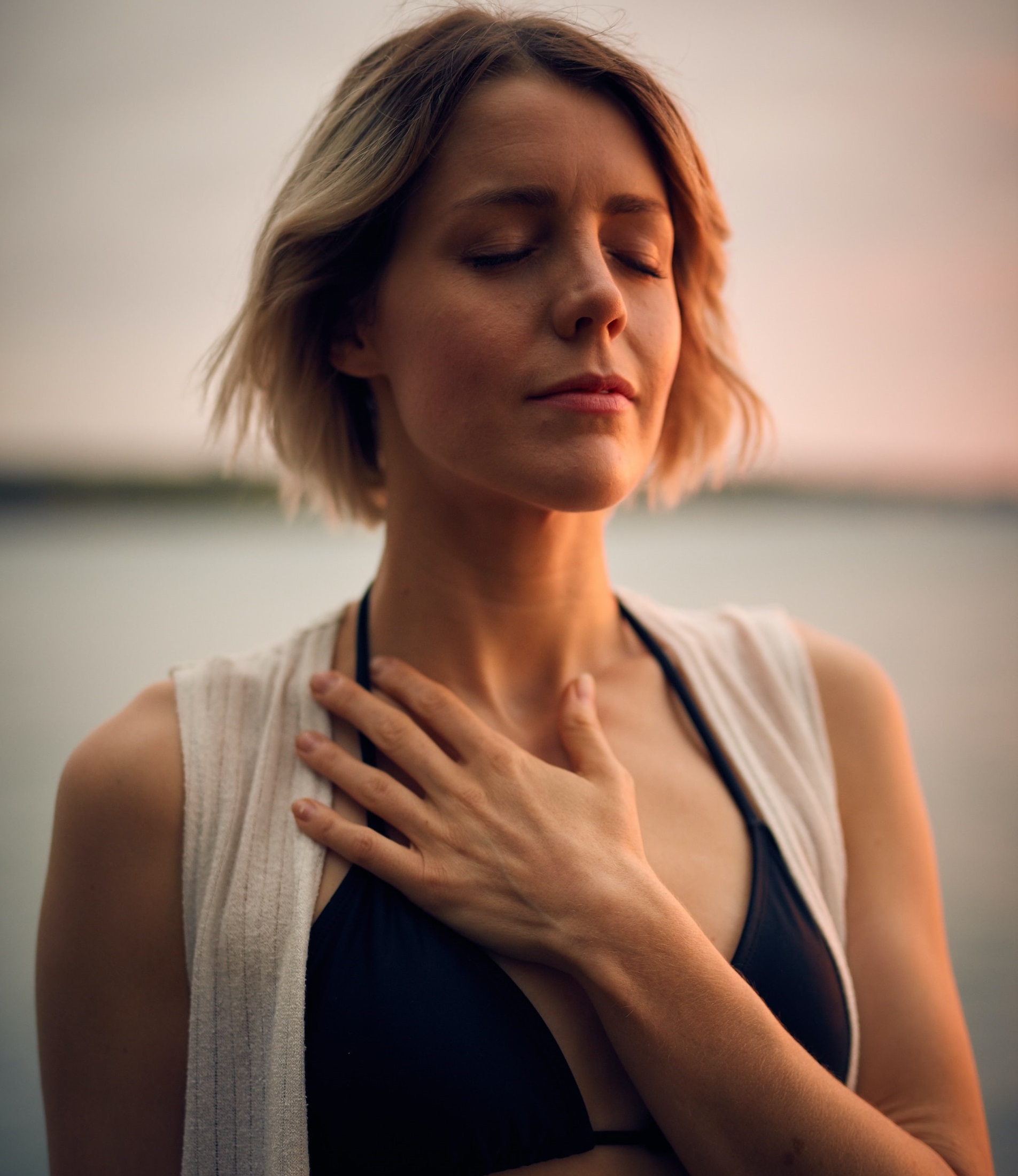Anti-Aging Cream How it Works

Anti-aging creams are cosmetic products designed to reduce the signs of aging, such as wrinkles, fine lines, and age spots. While there are various types of anti-aging creams available, they typically work through the following mechanisms:
1. Moisturization: One of the primary functions of anti-aging creams is to provide moisturization to the skin. Dry skin can accentuate the appearance of wrinkles and make the skin look dull. By hydrating the skin, these creams help improve its texture and elasticity, temporarily reducing the visibility of wrinkles.
2. Skin cell renewal: Many anti-aging creams contain ingredients that promote skin cell turnover and renewal. These ingredients, such as retinol or alpha hydroxy acids (AHAs), help remove dead skin cells from the surface and stimulate the production of new cells. This process can result in smoother, more youthful-looking skin.
3. Collagen stimulation: Collagen is a protein responsible for maintaining the skin’s elasticity and firmness. With age, collagen production decreases, leading to the formation of wrinkles and sagging skin. Some anti-aging creams contain ingredients, such as peptides or growth factors, that aim to stimulate collagen synthesis in the skin. By promoting collagen production, these creams can help improve skin texture and reduce the appearance of wrinkles.
4. Antioxidant protection: Antioxidants, such as vitamins C and E, are often included in anti-aging creams. These compounds help neutralize harmful free radicals, which are molecules that can damage skin cells and contribute to premature aging. By providing antioxidant protection, these creams help minimize the oxidative stress on the skin and may slow down the aging process.
5. Sun protection: Many anti-aging creams incorporate sunscreen ingredients, such as zinc oxide or titanium dioxide, to provide protection against harmful ultraviolet (UV) rays from the sun. UV exposure is a major contributor to premature skin aging, including the formation of wrinkles, age spots, and skin discoloration. By incorporating sun protection into the cream, it helps shield the skin from UV damage and minimizes its aging effects.
6. Hyaluronic acid supplementation: Hyaluronic acid is a naturally occurring substance in the skin that helps retain moisture, giving it a plump and hydrated appearance. Some anti-aging creams contain hyaluronic acid or its derivatives, which can help replenish moisture levels in the skin, leading to a smoother and more supple complexion.
7. Skin brightening and evening out skin tone: Certain anti-aging creams may include ingredients like niacinamide, kojic acid, or licorice extract, which have skin brightening properties. These ingredients can help fade dark spots, hyperpigmentation, and age spots, resulting in a more even and youthful skin tone.
8. Soothing and calming effects: Anti-aging creams often contain ingredients like aloe vera, chamomile, or green tea extract, which have soothing and anti-inflammatory properties. These ingredients can help calm irritated or sensitive skin, reducing redness and promoting a healthier complexion.
9. Instant cosmetic effects: Some anti-aging creams contain light-reflecting particles or pigments that create an immediate optical illusion of smoother skin and reduced appearance of wrinkles. While these effects are temporary and purely cosmetic, they can provide an instant improvement in the appearance of the skin.
10. Customized formulations: Anti-aging creams often come in different formulations tailored to specific skin types or concerns. For example, there are creams designed for dry skin that provide intense hydration, while others are formulated for oily or acne-prone skin, focusing on oil control and blemish reduction. By selecting a cream that matches your skin type and concerns, you can maximize its effectiveness.
11. Adjunct to other treatments: Anti-aging creams can be used in combination with other anti-aging treatments, such as serums, facial oils, or professional procedures like chemical peels or microdermabrasion. These creams can complement and enhance the effects of other treatments, helping to maintain and prolong their results.
12. Psychological benefits: Beyond the physical effects, using anti-aging creams can have psychological benefits. Taking care of your skin and following a skincare routine can be a self-care ritual that promotes a sense of well-being and boosts confidence, which can contribute to a more youthful appearance.
It’s worth noting that the effectiveness of anti-aging creams can vary depending on factors such as the formulation, concentration of active ingredients, individual skin type, and the specific concerns being targeted. Additionally, combining anti-aging creams with a comprehensive skincare routine that includes cleansing, exfoliation, and proper sun protection can enhance their overall benefits.
According to my kids I'm a obsessed with eating healthy, circuit training and Yoga. Oh I'm also the geek who keeps the website running smoothly



